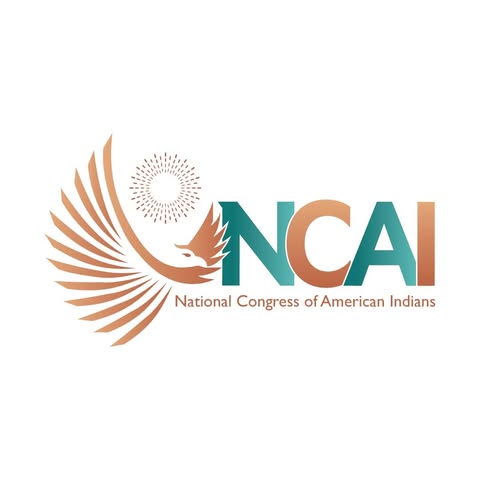
National Congress of American Indians
Founded in 1944, NCAI is the oldest, largest and most representative American Indian & Alaska Native organization serving the broad interests of Tribal Nations. Founded in 1944, NCAI is the oldest, largest & most representative AI/AN org in the U.S. Founded in 1944, the National Congress of American Indians (NCAI) is the oldest, largest, and most representative American Indian and Alaska Native organization serving the broad interests of tribal governments and communities.NCAI, a non-profit organization, advocates for a bright future for generations to come by taking the lead to gain consensus on a constructive and promising vision for Indian Country. The organization’s policy issues and initiatives are driven by the consensus of our diverse membership, which consists of American Indian and Alaska Native tribal governments, tribal citizens, individuals, and Native and non-Native organizations.For nearly seven decades since its founding, NCAI has remained true to the original purpose of the organization: to be the unified voice of tribal nations. As outlined in the NCAI Constitution, our purpose is to serve as a forum for unified policy development among tribal governments in order to: (1) protect and advance tribal governance and treaty rights; (2) promote the economic development and health and welfare in Indian and Alaska Native communities; and (3) educate the public toward a better understanding of Indian and Alaska Native tribes.

National Congress of American Indians
The National Congress of American Indians (NCAI) is the oldest and largest non-profit organization in the United States dedicated to representing the interests of American Indian and Alaska Native communities. Founded on November 17, 1944, in Denver, Colorado, its primary mission is to protect the sovereignty and rights of federally recognized tribes and promote a better understanding of Native American interests in the U.S.[1][2][3].
History
NCAI was established during a significant period of change and challenge for Native American communities. The organization emerged in response to U.S. federal policies aimed at terminating tribal rights and assimilating Native peoples into mainstream American society, which contradicted treaty rights and tribal sovereignty[4]. The founders of NCAI recognized the need for a unified voice among tribal governments to resist these policies and ensure the preservation of their inherent rights[3].
Mission and Activities
Today, NCAI serves as a forum for tribal governments to develop unified policies and advocate for issues affecting Native communities, including tribal governance, treaty rights, economic development, health, and welfare[3]. The organization engages in extensive lobbying efforts to influence legislation affecting Native Americans and works to educate the public about Native American culture and rights[1][2]. NCAI also supports policy development through its Policy Research Center, established in 2003[3].
Governance Structure
NCAI operates as a representative congress with a General Assembly, Executive Council, and various committees. Its leadership includes a President, First Vice President, Secretary, Treasurer, and twelve Regional Vice Presidents, ensuring diverse representation from across the country[4]. Membership in NCAI is open to recognized tribes, Indian individuals, and associate organizations, with tribal and individual members holding voting rights[4].
Achievements
Throughout its history, NCAI has achieved numerous significant victories. In the early years, it lobbied for the Indian Claims Commission Act of 1946 and influenced changes in the Alaska Statehood Act[4]. More recently, NCAI has been involved in efforts to ban derogatory terms used for Native Americans, such as successfully lobbying California to prohibit public schools from using the term "redskins"[4]. Beyond legislative achievements, NCAI continues to be a cornerstone for Native American advocacy and the advancement of tribal sovereignty.
Membership and Funding
NCAI's operations are supported by membership fees from tribes and individuals, as well as donations and grants from various sources[3]. This financial structure allows the organization to maintain its independence while pursuing its advocacy work effectively.
NCAI remains a pivotal force in American Indian affairs, serving as a voice for tribal governments and communities across the United States. Its role in advancing Native American rights, preserving cultural heritage, and promoting a better understanding of indigenous issues is fundamental to its mission of supporting tribal sovereignty and improving life in Native American communities.
Edit WikiFounded
1954
88000
X (Twitter)
58779
Traffic
108597
NCAI.org
From Social media
News about from their social media (Facebook and X).
NCAI extends its deepest compassion and support to the Alaska Native communities impacted by the record-breaking storm surge that struck Western Alaska, including the villages of Kipnuk and Kwigillingok. The disaster unleashed by Typhoon Halong has resulted in the loss of life, missing persons, and the displacement of more than 1,500 people across 49 communities. Homes have been destroyed, critical infrastructure compromised, and essential subsistence resources disrupted.
Like Comment
Indian Country faces an unprecedented housing crisis. With severe overcrowding, widespread homelessness, chronic affordability challenges, and substandard living conditions affecting tribal communities nationwide, the need for sustainable housing solutions has never been more urgent. This crisis doesn't just impact shelter — it reverberates through every aspect of community wellbeing, from public health and safety to economic development.
Like Comment
Data about organisation
Cultural/Ethnic Awareness Category
Organisations with similar rank to National Congress of American Indians in category Cultural/Ethnic Awareness
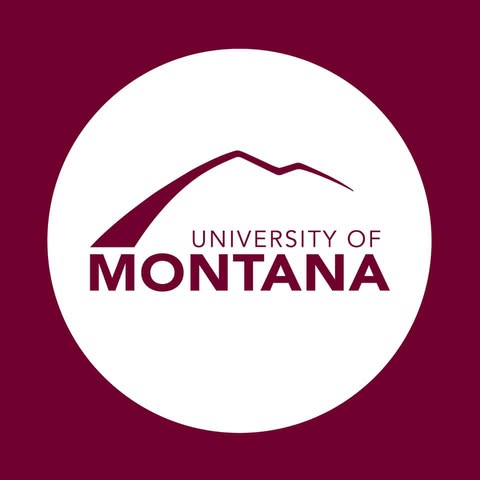
32. Missoula International Friendship Program
UM fosters creativity and courage so that Grizzlies thrive, innovate and impact wherever they roam.
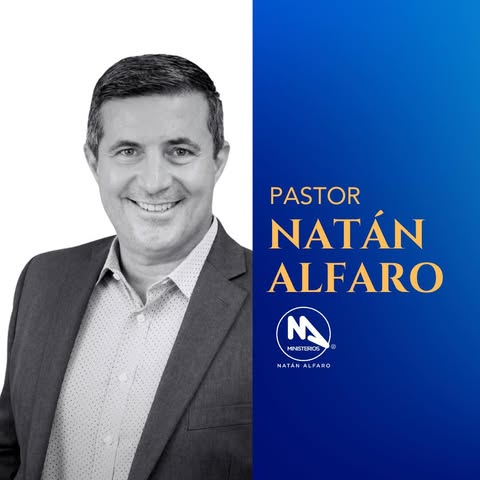
33. Polish National Alliance of the United States of Na
PAGINA OFICIAL de Pastor Natán Alfaro de la Iglesia Casa De Mi Gloria.

34. National Congress of American Indians
Founded in 1944, NCAI is the oldest, largest & most representative AI/AN org in the U.

The intersection of intellectual pursuits and outdoor endeavors.
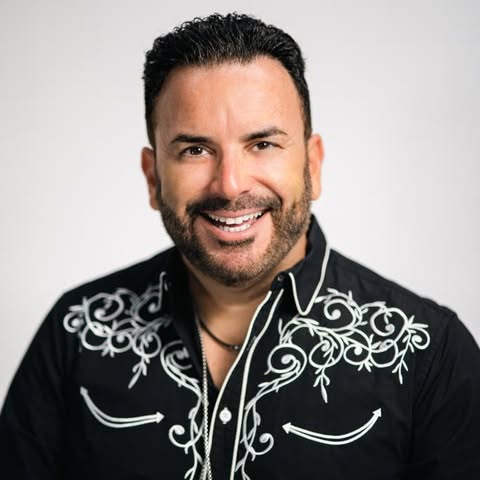
Joseph Fonseca cantante de merengue y bachata y quiere contagiar al mundo con su talento.
Washington
Organisations from National Congress of American Indians

327. National Cherry Blossom Festival Committee Inc
Let's Spring Together.
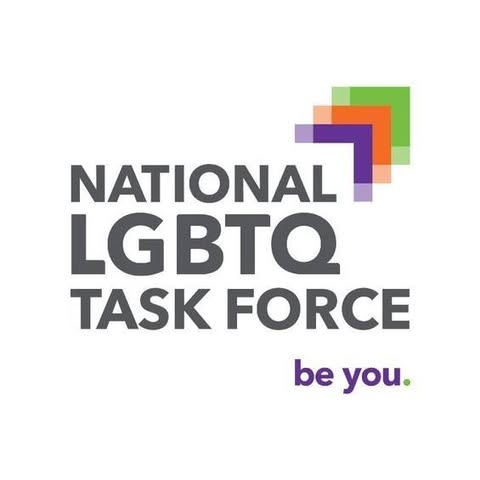
328. National LGBTQ Task Force
The National LGBTQ Task Force: the uncompromising voice for lesbian, gay, bisexual, transgender and queer freedom, justice and equality for over 45 years.

329. National Congress of American Indians
Founded in 1944, NCAI is the oldest, largest & most representative AI/AN org in the U.
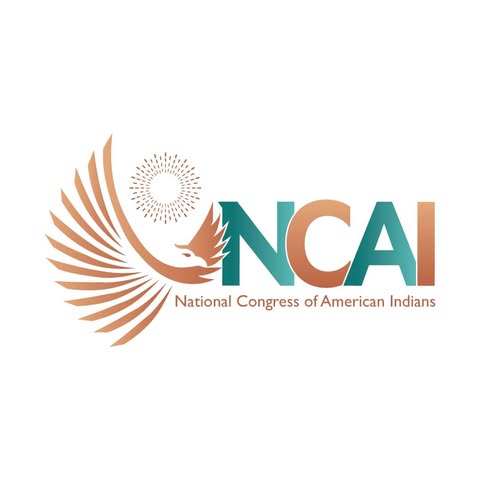
330. NATIONAL CONGRESS OF AMERICAN INDIANS FUND
Founded in 1944, NCAI is the oldest, largest & most representative AI/AN org in the U.

331. Foundation for Accountability and Civic Trust
FACT is a nonprofit organization dedicated to promoting accountability, ethics, and transparency in government and civic arenas.
Similar organisations
Similar organisations to National Congress of American Indians based on mission, location, activites.
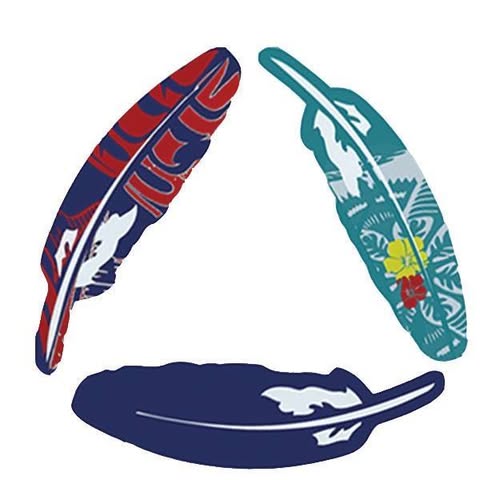
Native American Contractors Association
NACA – dedicated to protecting the rights of Native-owned small business enterprises in government.
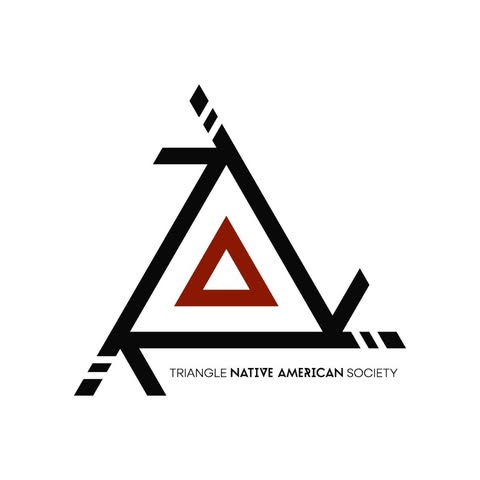
Triangle Native American Society Inc
Triangle Native American Society (TNAS) was founded in 1984 to provide assistance and support for Native Americans in the Triangle and surrounding area and was incorporated as a non-profit tax-exempt organization in 1985.
Similar Organisations Worldwide
Organisations in the world similar to National Congress of American Indians.

NATIVE WOMEN IN THE ARTS (CANADA) (ca)
NWIA (Native Women in the Arts) is a not-for-profit organization for First Nations, Inuit and Métis women and other Indigenous gender marginalized folks who share the common interest of art, culture, community and the advancement of Indigenous peoples.

National Parks Association of the ACT Inc (au)
NPA ACT works to promote National Parks and protect our fauna and flora, scenery and all heritage.

NORTH AMERICA INDIAN MISSION OF CANADA (ca)
We are about sharing the Good News of Jesus Christ with the Native Indigenous peoples of North America.

Heritage Calgary is a charitable Civic Partner of The City of Calgary focused on the research, education, and preservation of our shared heritage.
Interesting nearby
Interesting organisations close by to residence of National Congress of American Indians

The Karabakh Foundation is a U.

Federal City Performing Arts Association
https://gmcw.

National Congress of American Indians
Founded in 1944, NCAI is the oldest, largest & most representative AI/AN org in the U.
Similar social media (146779)
Organisations with similar social media impact to National Congress of American Indians

20087. Invest in Education Foundation Inc
Promoting improvement in K-12 education, increasing educational choice, and working to close gaps in educational achievement.

20088. Invest in Education Coalition Inc
Promoting improvement in K-12 education, increasing educational choice, and working to close gaps in educational achievement.

20089. National Congress of American Indians
Founded in 1944, NCAI is the oldest, largest & most representative AI/AN org in the U.

We are about making a difference in communities—both for this life and for eternity.

20091. Im Ready Foundation Inc
Visit: jecaryous.
Similar traffic
Organisations with similar web traffic to National Congress of American Indians

Saint Michael's is a selective liberal arts college of approximately 1,200 students, on a scenic 440-acre campus near Burlington, Vermont.

93816. USA CYCLING DEVELOPMENT FOUNDATION
Welcome to the official account of USA Cycling, the national governing body for cycling in the U.

93817. National Congress of American Indians
Founded in 1944, NCAI is the oldest, largest & most representative AI/AN org in the U.

93818. Veterans of Foreign Wars Department of South Dakota Ladies Auxiliary
Since 1916, Golden West has been connecting people and communities across South Dakota.
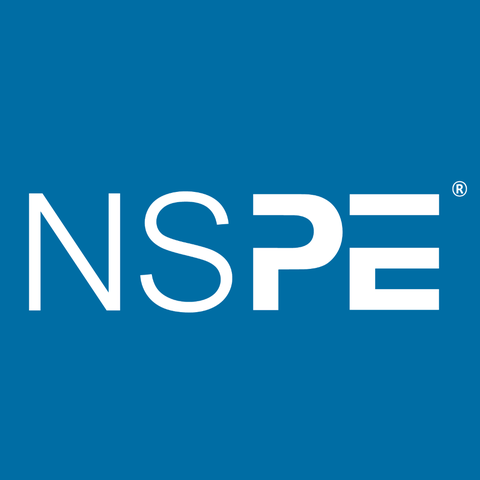
93819. National Society of Professional Engineers
NSPE fosters licensed professional engineers in service to society, ensuring the public can be confi.
Join us and make a difference for the future!
Sign Up
Please fill in your information. Everything is free, we might contact you with updates (but cancel any time!)
Sign in with Google








:max_bytes(150000):strip_icc():focal(749x0:751x2)/king-charles-III-queen-camilla-pope-leo-IV-vatican-102325-6-6fd07098ac81415d9762c396b9d60c41.jpg)